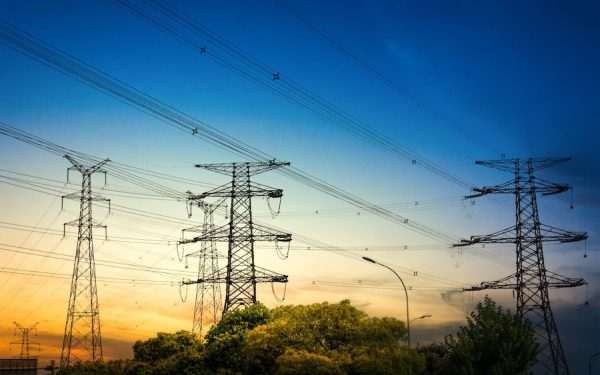A Beginner’s Guide To Buying A Storage Battery
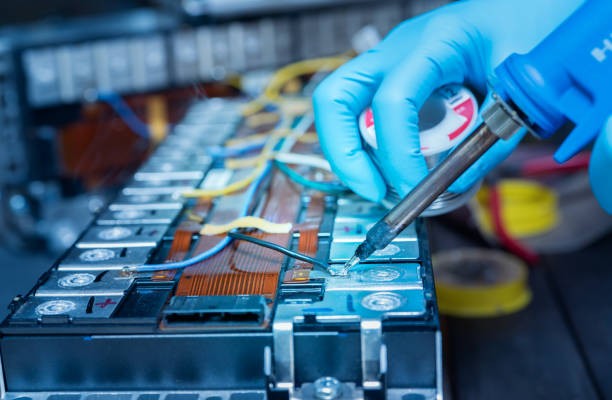
Your home has a solar system because you want to save money on your electricity bill. You’re considering purchasing a battery. You’re still trying to figure out how to buy one. Purchasing a battery can be complicated due to the numerous considerations. Read this article for your guide.
What Is A Storage Battery?
Storage batteries are more energy until it is needed to power an electronic device. They are also called rechargeable batteries or secondary cells. Their dimensions and voltages are generally comparable to those of disposable batteries, often known as primary cells. Storage batteries have the advantage of being able to be used repeatedly after being discharged and recharged, unlike primary cells. It provides users with several benefits, especially economic and environmental implications. However, they have several limitations compared to primary cells, so storage batteries still need to replace disposable batteries completely.
Nickel, lithium, and cadmium are used in various substances, allowing storage batteries to be recharged and reused tens or hundreds of times, even in plastic plates manufacturers. They lose their charge over time even while not in use, unlike primary cells, rendering them. The table for devices such as emergency flashlights is more expensive than primary cells, especially when the cost of a charging device is factored in.
What Are Types Of Storage Battery?

There are a few options available for battery types on the market now. Each has its benefits and drawbacks, so choose the one that best fits your priorities and requirements.
Lithium Battery
Lithium-based batteries have arrived on the market more recently and are the primary challenger to traditional lead batteries — and with good reason. These batteries have a greater initial cost (in the current market). Still, they offer significant benefits and are ideal for people who want to invest in a solar battery system and lessen their reliance on the grid.
Additionally, lithium batteries are small, inconspicuous, and maintenance-free. In addition, they are durable and tolerant of deep and rapid discharges, so you can utilize the battery’s storage capacity to its fullest extent and draw power rapidly.
A major concern with lithium batteries is their inherent combustibility. Because they can react aggressively with air to generate heat and spark a fire, internal components must be kept separate. It is overcome by manufacturers using stringent production procedures and safer designs.
Lead Battery
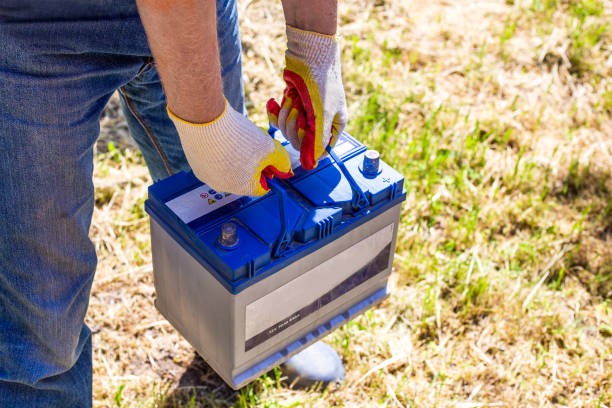
We have a solid understanding of the strengths and weaknesses of lead batteries because they have been on the market for a long time. These batteries are an excellent “entry-level” alternative because they have cheap upfront costs and are widely available on the market – provided that the customer knows their capabilities.
There are three types of lead batteries: flooded/wet, absorbent glass mat (AGM), and gel. Flooded batteries operate in a solution that requires maintenance, but the other two require little to no maintenance. Flooded is the cheapest upfront. As a result, lead batteries must be handled with care.
Due to their extensive use, it is possible to recycle lead batteries as they reach the end of their 5- to 15-year life span.
Sodium-Nickel Chloride Battery
Sodium–nickel chloride batteries, often known as ZEBRA batteries, are high-temperature devices that operate between 270°C and 350°C. Its cell structure comprises sodium chloride and nickel chloride electrodes, separated by a beta-alumina electrolyte that conducts sodium particles but not electrons. The storage battery company illustrates the working principle, performance, manufacture, and applications of sodium–nickel chloride batteries. This type of battery is small, light has a quick response, is resistant to full discharge, and has a high energy density.
What Are The Benefits Of Storage Battery?
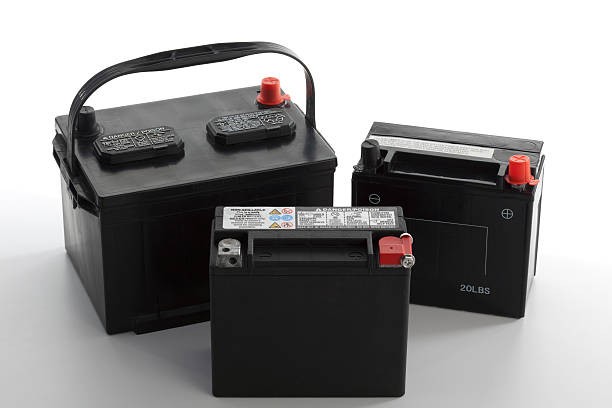
Storage batteries are highly important because they can do the following:
Storage Of Energy Gives Stability.
Maintaining reliable service in the face of extreme events, such as severe weather, is a key component of resilience in the energy sector. Energy storage provides backup power in an emergency. When energy storage is combined with a solar panel system, you can keep the lights on during a grid outage. Numerous individuals and company owners today install energy storage systems primarily for resilience advantage.
Energy Storage Gives Added Grid Advantages.
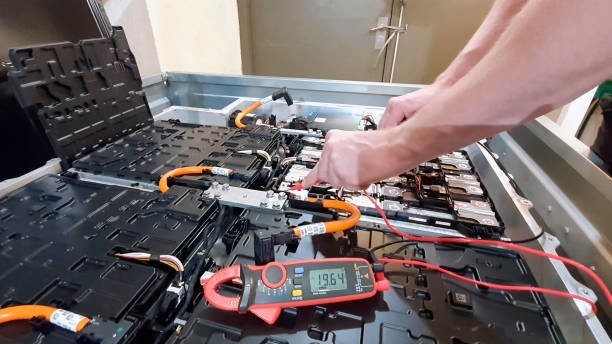
Adding renewable energy sources is one of the system’s many benefits of energy storage. Most, if not all, of the tasks necessary to keep the lights on, can be accomplished by storing energy.
In addition to these uses, energy storage has the potential to play a greater role by providing instantaneous reserves, black-start capabilities, and emergency injections of electricity onto the grid. This points to energy storage as a highly flexible and potentially advantageous resource that could bring many systemic advantages.
Conclusion
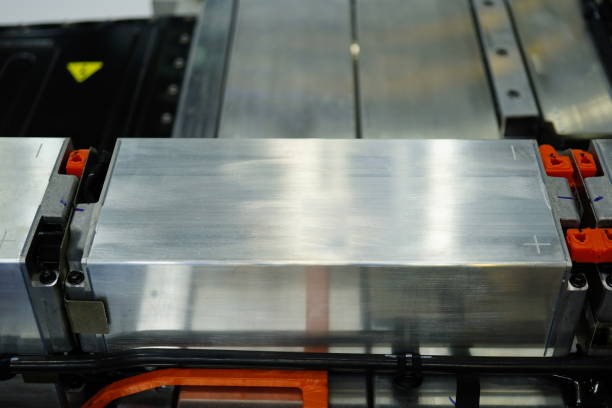
A battery purchase can be motivated by the need for backup power in case of an outage, the desire to save money, or the desire to maximize one’s solar power source. In addition to these reasons to invest in energy storage for your house or business, there are several personal and societal benefits associated with energy storage. Battery storage technologies are crucial for accelerating the transition from fossil fuels to renewable energy. There are three primary reasons to purchase a battery: emergency backup power when a custom tricycle for adults will not work accordingly, it is cost saving and optimizing solar self-supply. In addition to these reasons to invest in energy storage for your house or business, there are several personal and societal benefits associated with energy storage.




